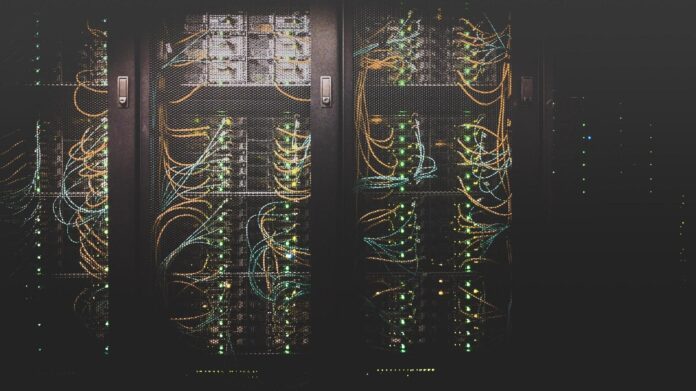We cannot overstate the importance of internet safety. Whether you’re an average user browsing social media sites and doing internet banking or someone running an online business, you want to stay as secure as possible.
Moreover, there are countless ways someone might access your data online and misuse it, so you will want to leave as little information about yourself as possible. The best way to achieve safety and anonymity is to use a proxy, which hides your IP (Internet Protocol) address and makes browsing safer.
That’s why we are here to tell you more about proxies. This data centre vs. residential proxies comparison covers what they are and how they work, helping you choose the best option for your needs.
What is a proxy?
In the simplest terms, a proxy is a server between you as the client and another server you are accessing. The goal of a proxy server is to hide your IP address and make navigating the internet safer.
There are various types of proxies, but we’ll focus on data centre vs. residential proxies, the differences between the two, and proxy servers for specific uses.
Datacenter proxies
These are some of the most commonly used proxies today. As the name suggests, data centre proxies are stored in data centres, making them extremely fast. The IP addresses of these proxies exist in large quantities. That makes them more available and more affordable.
However, the disadvantage of these proxies is that the IP addresses don’t connect to any ISP (Internet Service Provider). That makes them easier to detect, especially on sites that take measures against proxies.
Residential proxies
Unlike a data centre proxy, a residential one will provide you with an IP address from an ISP. Since they come from an ISP, these IP addresses connect to actual physical devices and locations. However, that makes residential proxies significantly less common and a pricier option.
With a residential proxy, you can choose a specific location and continue navigating the internet as if you were in that location, even though you might be in another country.
The similarities and differences
Datacenter proxies and residential proxies share only one characteristic. They are both proxy servers whose goal is to hide your actual IP address and assign you a fake one. That makes surfing the internet a lot safer and more anonymous. However, there are some differences between these two, the primary being pricing and speed.
As we’ve already mentioned, the IP addresses of data center proxies exist on a large scale. That makes them cheaper. On the other hand, residential proxy servers offer users IP addresses of real devices, which makes these proxies more expensive.
Because the IP addresses of data center proxies come from high-speed servers, they are fast and much more suitable for applications that require speed.
Residential proxies, whose IP addresses come from actual devices and link to real locations, are virtually impossible to identify but are a lot slower than data center proxies, as they come from average users.
Remember that pricing and speed are only some of the essential characteristics of a proxy server. Even though residential proxies are more expensive and slower, they have their uses and are better than data center proxies for specific applications.
Which one do I need?
Since they are different types of proxies, data center and residential proxy servers have vastly different uses. Which one you need and which one you should choose will depend on how you use the internet and the reason you need a proxy.
Datacenter proxies are the cheaper option, so it might be better to look at them first if you’re on a tight budget. They might be enough for you and precisely what you need if you do some of the following things online:
- Accessing geo-restricted content;
- Using sites and services where speed is critical;
- Web-scraping on E-commerce websites;
- Data collection from smaller search engines.
On the other hand, residential proxies have different uses. They usually come into play when data center proxies aren’t enough. The price is higher since they assign users IP addresses from actual devices. Even though they are slower, they are a far superior option to data center proxies for the following applications:
- Accessing sites that are difficult to access with other types of proxy servers;
- Doing tasks that require you to access from multiple locations;
- Collecting insights from various search engines.
If you’re still unclear about which type of proxy server you need, click here for a more detailed look at the differences and use cases of data center and residential proxies.
Conclusion
Staying protected and anonymous on the internet is critical nowadays. The best way to do so is to use a proxy.
This data center vs. residential proxies comparison can help you choose between the two common types of proxy servers by exploring their similarities and differences. Both are excellent options but have pros and cons, so pick the one that is perfect for your needs.


